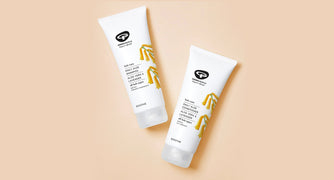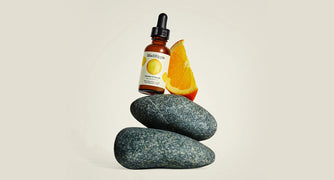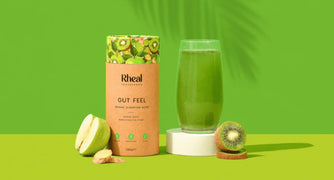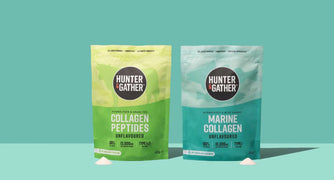Marmalade may just be the unsung “superfood” hero.
“Substances that inhibit inflammation are likely to also inhibit excessive collagen synthesis, serotonin secretion, and the formation of oestrogen. Besides aspirin, some effective substances are apigenin and naringenin, found in oranges and guavas. These flavonoids also inhibit the formation of nitric oxide and prostaglandins, which are important for inflammation and carcinogenesis (Liang, et al., 1999).” – article ‘The Cancer Matrix‘.
Orange peel is a natural anti-inflammatory, but the benefits don’t end there. The pith and peel contain a bio-flavonoid called Diosmin which can increase micro-circulation in the body. Studies show it improves the tone and health of veins, reduces swelling in the ankles, reduces the sensation of heavy, tired legs and restless leg syndrome. It can also help lymphoedema, haemorrhoids and leg ulcers.
Another flavonoid found in whole oranges is naringenin, which has antioxidant and anti-inflammatory effects and studies show it improves glucose transport and lowered hyperglycemia.
Narangenin can stimulate the liver to burn excess fat and reduce blood sugar, cholesterol and triglycerides. It is such a powerful antioxidant it can reverse DNA damage.
The peel actually contains more Vitamin C and fibre than the flesh of the fruit. It also contains B6, B5, A, calcium, riboflavin, thiamin, niacin and folate.
Make Marmalade
Ingredients
- 1 kilo of organic Seville oranges
- 500g of organic blood oranges
- 2 lemons
- 2.5 ltr of water
- 2 kilos of granulated sugar
Method
1. Remove the buttons from the oranges and wash them along with the lemons. Halve all the fruit and juice adding the juice to a pan. Any pith collected in the juicer add to a muslin bag. Then scoop all the flesh, pith and pips out of the oranges and lemons and add this too to the muslin bag and tie this in to a knot. Add the bag to the pan of juice.
2. Now slice the orange and lemon skins to your desired thickness with a sharp knife and add to the pan. Measure out 2.5 litres of water and add this to the pan too. Place a lid on to the pan bring to the boil, and then turn down the heat and simmer for about 2 hours until the peel is soft. Take off the heat. Remove the bag from the pan and allow it to cool.
3. Sterilise your glass jars, washing out with hot soapy water. Then rinse and dry out in a low oven set to 100°C.
4. Place a couple of saucers in the freezer.
5. Gently squeeze the bag of pith, flesh and pips over the pan, scraping down the sides of it to get as much pectin out as you can. This will help your marmalade set.
6. Add the granulated sugar to the pan, stirring occasionally over a warm heat until it has dissolved. Turn the heat up and bring to a rolling boil. Be careful not let it boil over and if this looks like it is going to happen, turn the heat down a little.
7. Keep the marmalade at a rolling boil for 20 minutes and then remove from the heat. Add a spoonful of marmalade to the chilled saucer and leave for a minute. Press your finger into the marmalade and if it wrinkles and looks set it is ready. If not put back on a medium heat for another 5 minutes and repeat the test.
6. Skim off any scum and spoon in to the sterilised jars. The marmalade will keep for at least one year.






